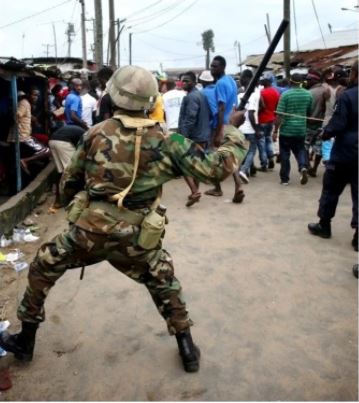Brief Facts
Interights, the Institute Human Rights and Development in Africa and Association Mauritanienne des Droits de l’Homme filed communication 242/01 against Mauritania in April 2002. The Decree No. 2000/116.PM/MIPT of the Mauritanian Parliament lead to the dissolution of Union de forces démocratiques/Ere nouvelle (UFD/EN) the main opposition party.
The State alleged that the opposition partyincites Mauritania to engage in violence and such violence leads to public disorder, thus violating the core values of Mauritania as a country.
The leaders of the opposition party appeal to the Supreme Court for an order to repeal the Decree but the Administrative Chamber of the Supreme Court presided over the matter that the case was dismissed without ground and the court held that the case lacked merits.
The Complaints did not have any other means to seek for a recourse and after the appeal before the Supreme Court they were also subjected to intimidation and harassment.
Issues
-Whether restrictive municipal admissibility requirements for review of final judgments constitute a valid local remedy to be exhausted before seizing the ACmHPR;
– Whether disproportional punishment for offences is a violation of ACHPR;
– Whether respondent is in violation of the right to freedom of association guaranteed under ACHPR.
Alleged violation of the African Charter on Human and Peoples’ Rights
Article 1– Obligation of member states to give effect to the African Charter
Article 2 – Freedom from Discrimination
Article 7 – Right to Fair Trial
Article 9(2) – Right to Freedom of Expression
Article 10(1) – Right to freedom of Association
Article 13 – Right to participate in Government
Article 14 – Right to Property
Status of communication
The ACmHPR held that the dissolution of the UFD/EN political party was not proportional to the nature of the offence that the respondent alleged the Complainants committed, hence this was a violation of their rights under Article 10(1). The case was decided on merits.




